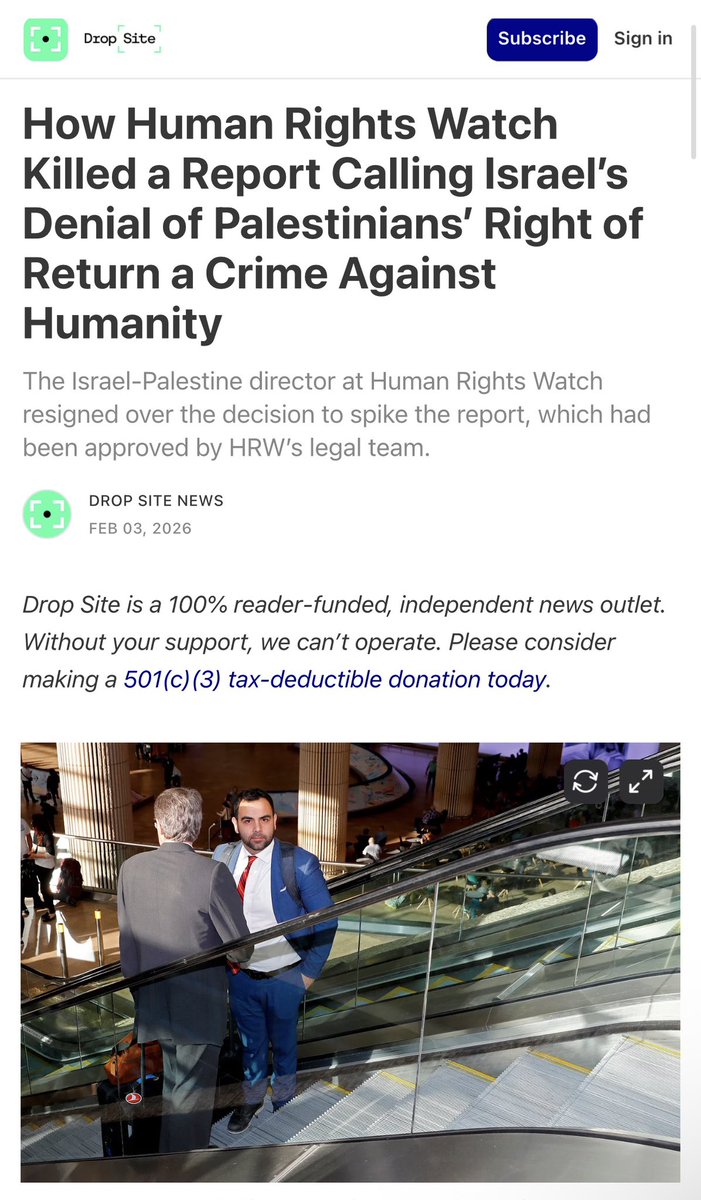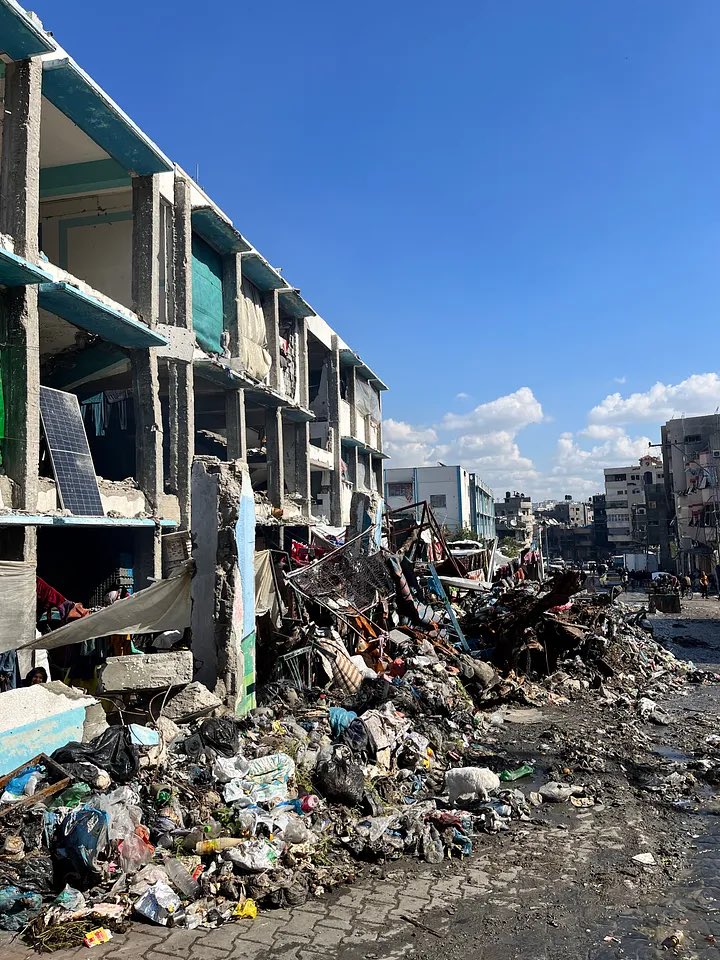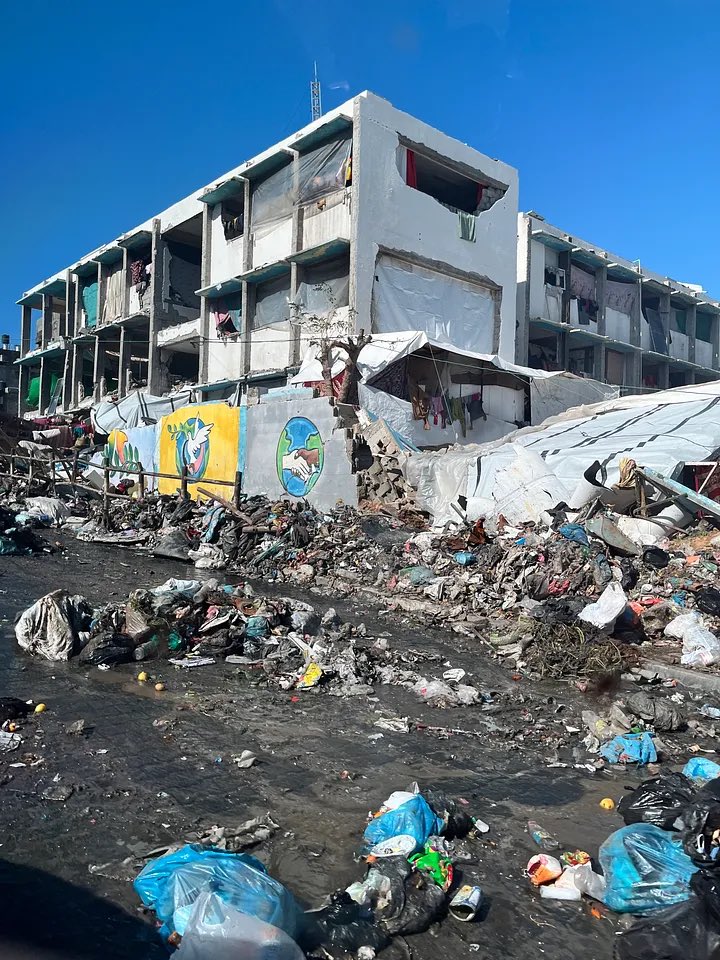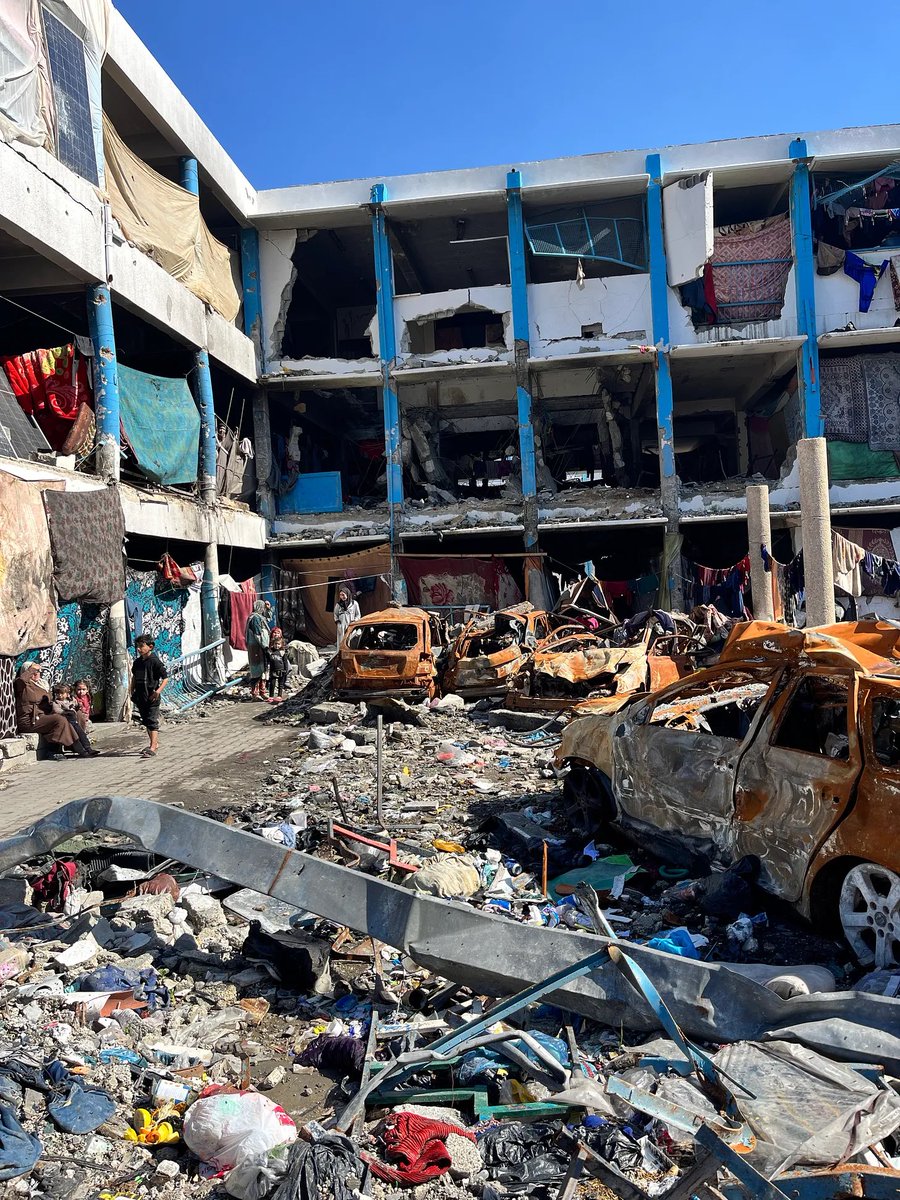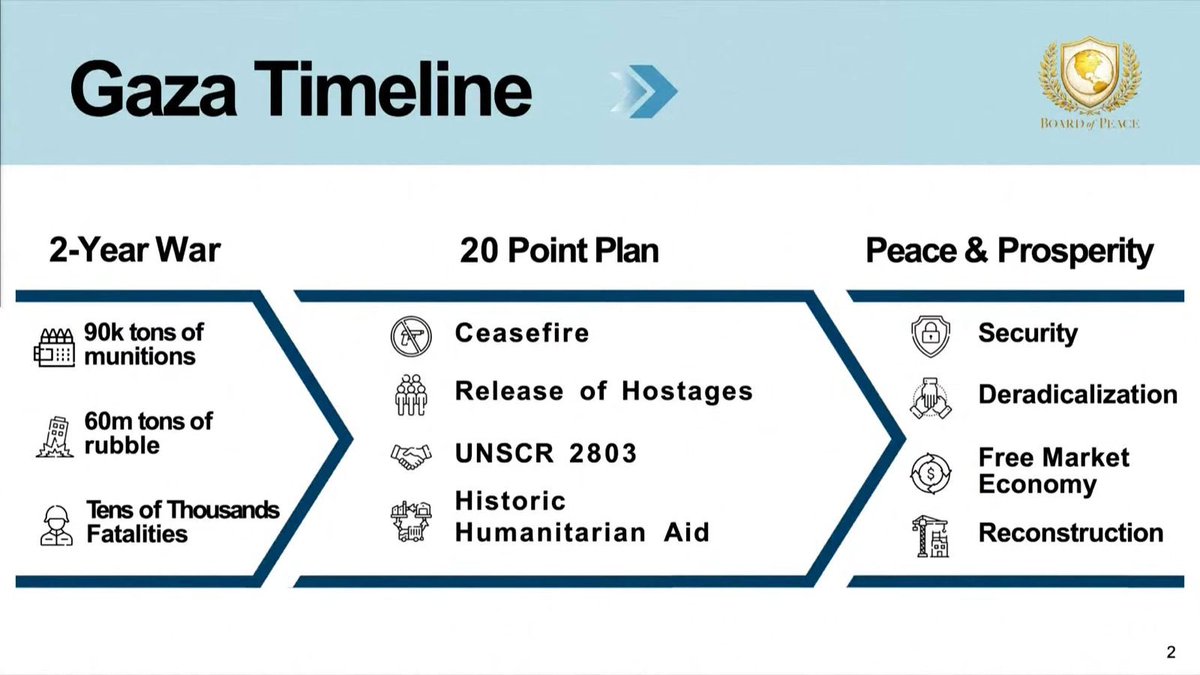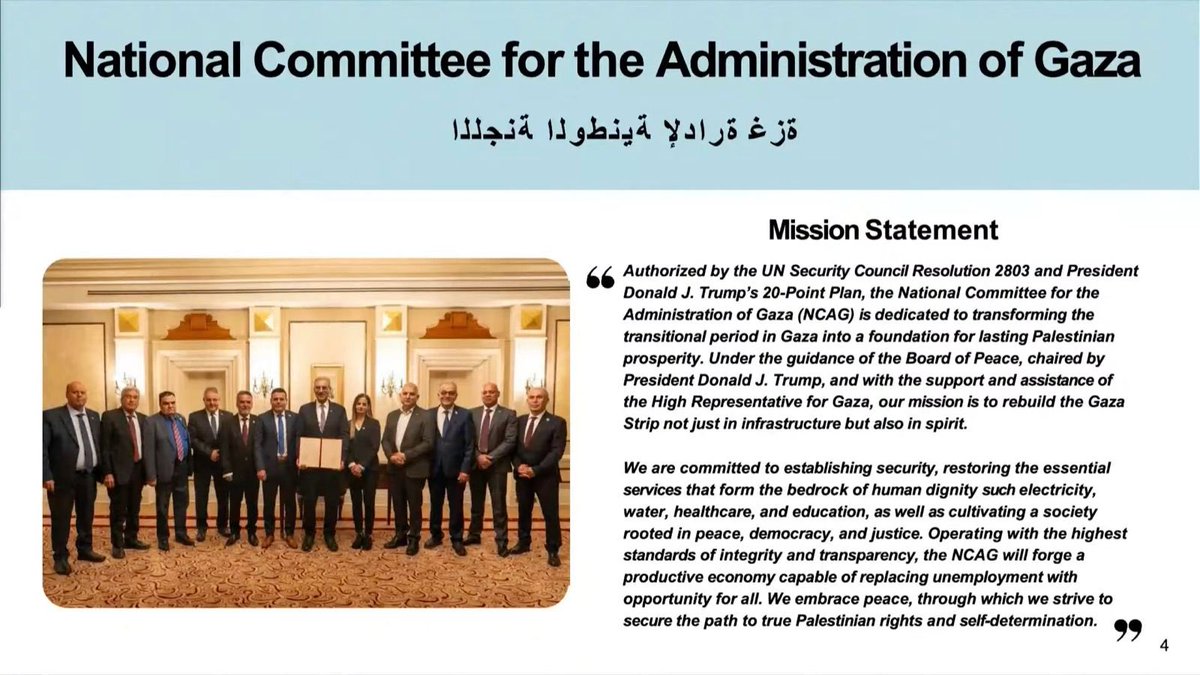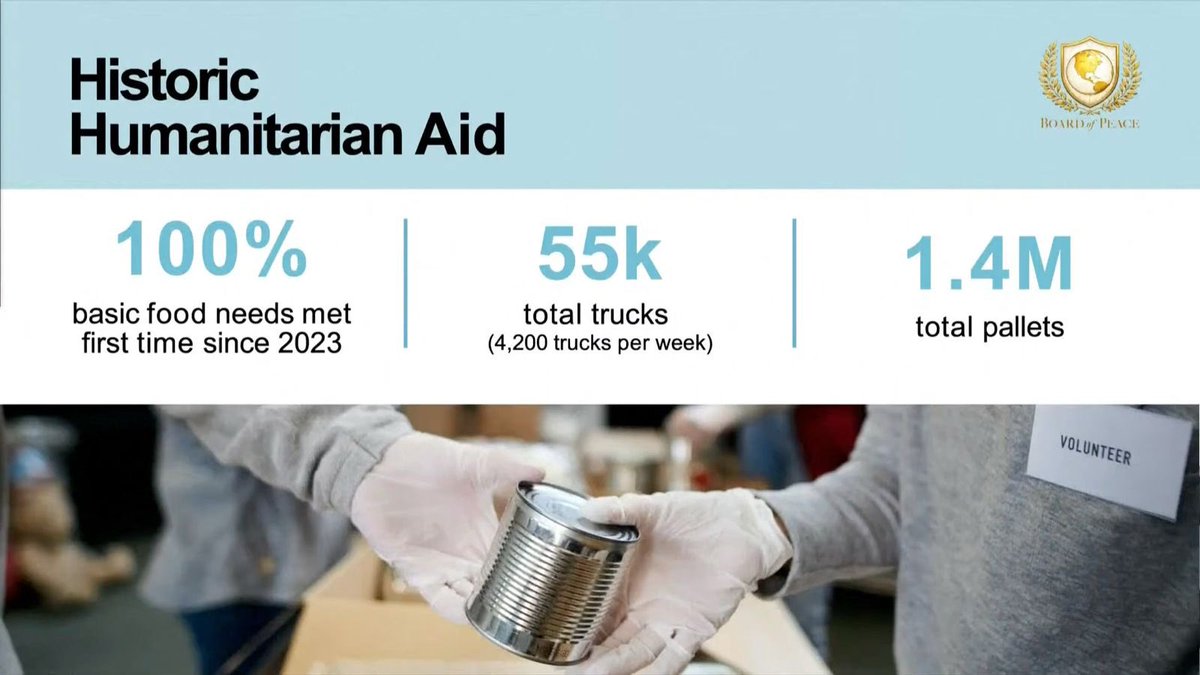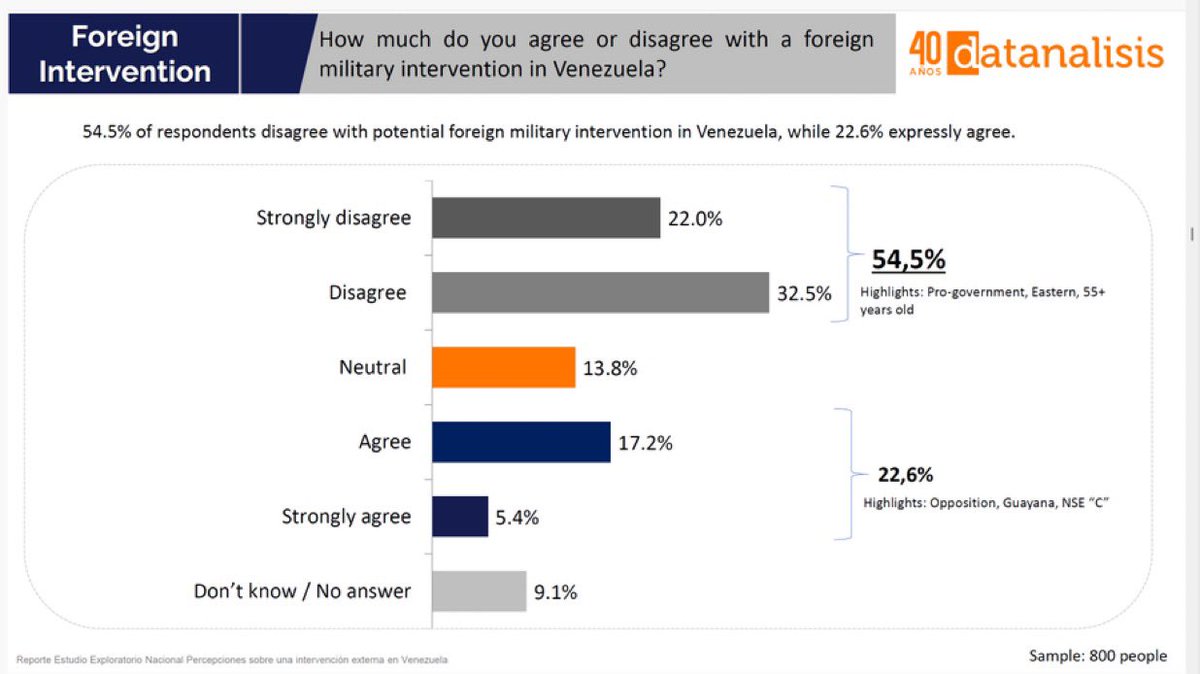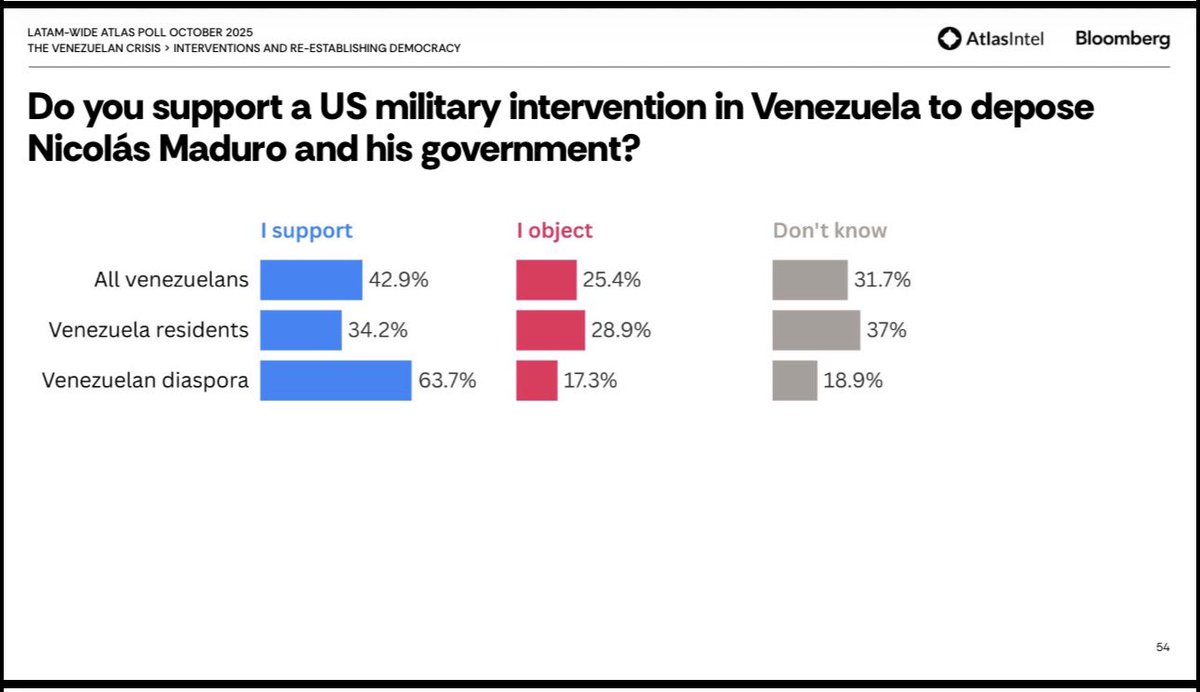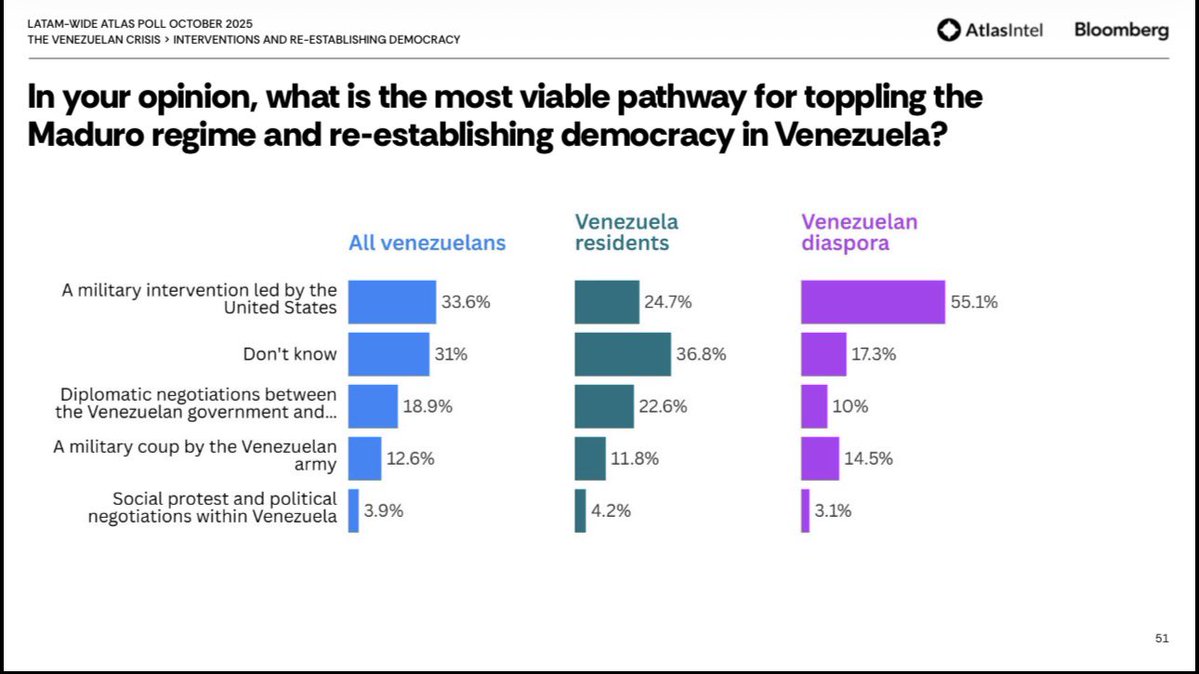REPORT: The Trump administration is attempting to deport non-citizens due to their perceived pro-Palestinian support or criticism of U.S.-Israeli genocide in Gaza.
Here’s an updated list of those known to have been targeted by the U.S. government: 🧵🔽
1. Mahmoud Khalil (Targeted: March 8, 2025)
Khalil, a 30-year-old Syrian-born Algerian citizen and Columbia University graduate student (master’s in international affairs), was arrested on March 8, 2025, at his Manhattan apartment. He’s detained at the ICE facility in Jena, Louisiana, facing deportation after the Trump administration accused him of risking “potentially serious adverse foreign policy consequences for the United States,” per a DHS document cited by The Guardian. On March 23, DHS filed additional claims, alleging he “withheld that he worked for [UNRWA]” and “failed to disclose continuing employment by the Syria Office in the British Embassy in Beirut” on his 2024 green card application, per Reuters. In Newark federal court on March 28, Judge Michael Farbiarz said he’d rule “as quickly as I can” on jurisdiction and bail, leaving Khalil in custody pending a decision.
Here’s an updated list of those known to have been targeted by the U.S. government: 🧵🔽
1. Mahmoud Khalil (Targeted: March 8, 2025)
Khalil, a 30-year-old Syrian-born Algerian citizen and Columbia University graduate student (master’s in international affairs), was arrested on March 8, 2025, at his Manhattan apartment. He’s detained at the ICE facility in Jena, Louisiana, facing deportation after the Trump administration accused him of risking “potentially serious adverse foreign policy consequences for the United States,” per a DHS document cited by The Guardian. On March 23, DHS filed additional claims, alleging he “withheld that he worked for [UNRWA]” and “failed to disclose continuing employment by the Syria Office in the British Embassy in Beirut” on his 2024 green card application, per Reuters. In Newark federal court on March 28, Judge Michael Farbiarz said he’d rule “as quickly as I can” on jurisdiction and bail, leaving Khalil in custody pending a decision.

2. Dr. Rasha Alawieh (Targeted: March 10, 2025)
Dr. Rasha Alawieh, a 34-year-old Lebanese kidney transplant specialist set to join Brown University, was deported on March 10, 2025, upon re-entry from Lebanon. DHS accused her of supporting ex-Hezbollah leader Hassan Nasrallah, claiming photos on her phone showed “support for a terrorist figure,” per her lawyer’s statement to CNN. Despite a judge’s order against removal, she’s now in Lebanon, with her legal team fighting to reverse the deportation.
Dr. Rasha Alawieh, a 34-year-old Lebanese kidney transplant specialist set to join Brown University, was deported on March 10, 2025, upon re-entry from Lebanon. DHS accused her of supporting ex-Hezbollah leader Hassan Nasrallah, claiming photos on her phone showed “support for a terrorist figure,” per her lawyer’s statement to CNN. Despite a judge’s order against removal, she’s now in Lebanon, with her legal team fighting to reverse the deportation.

3. Yunseo Chung (Targeted: March 10, 2025)
Yunseo Chung, a Korean-American Columbia University undergrad studying political science, was targeted after her March 10, 2025, arrest at a Barnard sit-in. She’s not detained—a judge barred ICE from holding her—after DHS accused her of “concerning conduct likely to adversely affect U.S. foreign policy,” per a notice to appear cited by Newsday, tied to a misdemeanor from pro-Palestinian protests. Her legal challenge, arguing free speech as a longtime resident, continues without a deportation date.
Yunseo Chung, a Korean-American Columbia University undergrad studying political science, was targeted after her March 10, 2025, arrest at a Barnard sit-in. She’s not detained—a judge barred ICE from holding her—after DHS accused her of “concerning conduct likely to adversely affect U.S. foreign policy,” per a notice to appear cited by Newsday, tied to a misdemeanor from pro-Palestinian protests. Her legal challenge, arguing free speech as a longtime resident, continues without a deportation date.

4. Leqaa Kordia (Targeted: March 15, 2025)
Leqaa Kordia, a Palestinian from the West Bank was detained on March 15, 2025 in the Newark NJ field office. She was previously arrested for her participation in the protests. Her visa was terminated in January 2022 for lack of attendance, officials said. Leqaa is currently at an ICE center in Alvarado, Texas, with ICE alleging she “overstayed her visa and engaged in activities threatening public safety,” per an AP statement, linked to protest presence. No hearing updates exist; she remains in custody as deportation looms.
Leqaa Kordia, a Palestinian from the West Bank was detained on March 15, 2025 in the Newark NJ field office. She was previously arrested for her participation in the protests. Her visa was terminated in January 2022 for lack of attendance, officials said. Leqaa is currently at an ICE center in Alvarado, Texas, with ICE alleging she “overstayed her visa and engaged in activities threatening public safety,” per an AP statement, linked to protest presence. No hearing updates exist; she remains in custody as deportation looms.
5. Momodou Taal (Targeted: March 17, 2025)
Momodou Taal, a 31-year-old UK-Gambian doctoral student in Africana studies at Cornell, was briefly detained on March 17, 2025, after his visa was revoked over campus protests. He’s free, suing Trump after ICE claimed he “engaged in disruptive protests violating visa terms,” per a Cornell Sun report. His federal case, asserting free speech, has a hearing set for March 31; he’s not currently detained.
Momodou Taal, a 31-year-old UK-Gambian doctoral student in Africana studies at Cornell, was briefly detained on March 17, 2025, after his visa was revoked over campus protests. He’s free, suing Trump after ICE claimed he “engaged in disruptive protests violating visa terms,” per a Cornell Sun report. His federal case, asserting free speech, has a hearing set for March 31; he’s not currently detained.

6. Badar Khan Suri (Targeted: March 19, 2025)
Badar Khan Suri, an Indian postdoctoral fellow at Georgetown University studying peace and conflict, was arrested on March 19, 2025, in Virginia and is detained in Jena, Louisiana. DHS accused him of “spreading Hamas propaganda” and "close connections to a known or suspected terrorist” per a March 20 ICE filing cited by NBC News. His lawyers seek release, arguing no evidence exists; his case remains unresolved.
Badar Khan Suri, an Indian postdoctoral fellow at Georgetown University studying peace and conflict, was arrested on March 19, 2025, in Virginia and is detained in Jena, Louisiana. DHS accused him of “spreading Hamas propaganda” and "close connections to a known or suspected terrorist” per a March 20 ICE filing cited by NBC News. His lawyers seek release, arguing no evidence exists; his case remains unresolved.

7. Ranjani Srinivasan (Targeted: March 20, 2025)
Ranjani Srinivasan, an Indian doctoral student at Columbia studying sociology, fled the U.S. on March 20, 2025, after ICE searched her residence. The State Department revoked her visa, alleging she “advocated violence and terrorism” through pro-Palestinian views, per a DHS notice quoted by The New York Times—she denied organizing protests. Self-deported to Canada, her case is closed unless she returns.
Ranjani Srinivasan, an Indian doctoral student at Columbia studying sociology, fled the U.S. on March 20, 2025, after ICE searched her residence. The State Department revoked her visa, alleging she “advocated violence and terrorism” through pro-Palestinian views, per a DHS notice quoted by The New York Times—she denied organizing protests. Self-deported to Canada, her case is closed unless she returns.

8. Rumeysa Ozturk (Targeted: March 25, 2025)
Rumeysa Ozturk, a 30-year-old Turkish doctoral student at Tufts studying child development, was detained on March 25, 2025, in Massachusetts and transferred to the South Louisiana ICE Processing Center in Basile. DHS accused her of “supporting Hamas,” it appears through a 2024 Tufts Daily op-ed where she argued for divestment from Israeli genocide and the “equal humanity and dignity of all people.” A federal judge’s order against moving her out of the state was ignored; her team demands release, with a government response due March 31.
Rumeysa Ozturk, a 30-year-old Turkish doctoral student at Tufts studying child development, was detained on March 25, 2025, in Massachusetts and transferred to the South Louisiana ICE Processing Center in Basile. DHS accused her of “supporting Hamas,” it appears through a 2024 Tufts Daily op-ed where she argued for divestment from Israeli genocide and the “equal humanity and dignity of all people.” A federal judge’s order against moving her out of the state was ignored; her team demands release, with a government response due March 31.

9. Alireza Doroudi (Targeted: March 25, 2025)
Alireza Doroudi, an Iranian doctoral student at the University of Alabama studying mechanical engineering, was detained on March 25, 2025, in Alabama, awaiting transfer to Jena, Louisiana. DHS accused him of posing “significant national security concerns,” per a March 25 ICE statement to Reuters, after revoking his visa in 2023—his lawyer says he stayed legal. He’s in custody, with deportation pending unless overturned; no hearing date is set.
Alireza Doroudi, an Iranian doctoral student at the University of Alabama studying mechanical engineering, was detained on March 25, 2025, in Alabama, awaiting transfer to Jena, Louisiana. DHS accused him of posing “significant national security concerns,” per a March 25 ICE statement to Reuters, after revoking his visa in 2023—his lawyer says he stayed legal. He’s in custody, with deportation pending unless overturned; no hearing date is set.

Legal status of each:
1.Mahmoud Khalil - Columbia University
•Legal Status: Legal Permanent Resident (LPR). He’s a green card holder, married to a U.S. citizen, but ICE detained him over alleged ties to pro-Palestinian groups.
2.Ranjani Srinivasan - Columbia University (also NYU adjunct)
•Legal Status: Student Visa (F-1). Her visa was revoked for “advocating violence and terrorism,” per the administration; she self-deported to Canada.
3.Yunseo Chung - Columbia University
•Legal Status: Legal Permanent Resident (LPR). Moved from South Korea as a child, targeted for deportation after a protest arrest, but a court order has paused ICE action.
4.Badar Khan Suri - Georgetown University
•Legal Status: Exchange Visitor Visa (J-1). An Indian postdoctoral fellow, detained by ICE for alleged Hamas propaganda; he’s fighting deportation from a Louisiana facility.
5.Momodou Taal - Cornell University
•Legal Status: Student Visa (F-1). Dual UK/Gambian citizen, visa revoked for “disruptive protests”; he’s challenging it in court and hasn’t been detained yet.
6.Rumeysa Ozturk - Tufts University
•Legal Status: Student Visa (F-1). Turkish doctoral student and Fulbright scholar, detained by ICE after an anti-Israel op-ed; held since March 25, 2025.
7.Alireza Doroudi - University of Alabama
•Legal Status: Student Visa (F-1). Iranian Ph.D. student, detained for “national security concerns” after his visa was revoked in 2023, though he’d maintained student status.
8.Leqaa Kordia - Columbia University (not officially enrolled)
•Legal Status: Expired Student Visa (F-1). Palestinian from the West Bank, detained for overstaying her visa (expired 2022) after protest involvement; held in Texas.
9.Rasha Alawieh - Brown University
•Legal Status: Work Visa (H-1B). Lebanese doctor and professor, deported March 14, 2025, despite a valid visa, after admitting to attending Hassan Nasrallah’s funeral; her lawyer is fighting to reverse it.
1.Mahmoud Khalil - Columbia University
•Legal Status: Legal Permanent Resident (LPR). He’s a green card holder, married to a U.S. citizen, but ICE detained him over alleged ties to pro-Palestinian groups.
2.Ranjani Srinivasan - Columbia University (also NYU adjunct)
•Legal Status: Student Visa (F-1). Her visa was revoked for “advocating violence and terrorism,” per the administration; she self-deported to Canada.
3.Yunseo Chung - Columbia University
•Legal Status: Legal Permanent Resident (LPR). Moved from South Korea as a child, targeted for deportation after a protest arrest, but a court order has paused ICE action.
4.Badar Khan Suri - Georgetown University
•Legal Status: Exchange Visitor Visa (J-1). An Indian postdoctoral fellow, detained by ICE for alleged Hamas propaganda; he’s fighting deportation from a Louisiana facility.
5.Momodou Taal - Cornell University
•Legal Status: Student Visa (F-1). Dual UK/Gambian citizen, visa revoked for “disruptive protests”; he’s challenging it in court and hasn’t been detained yet.
6.Rumeysa Ozturk - Tufts University
•Legal Status: Student Visa (F-1). Turkish doctoral student and Fulbright scholar, detained by ICE after an anti-Israel op-ed; held since March 25, 2025.
7.Alireza Doroudi - University of Alabama
•Legal Status: Student Visa (F-1). Iranian Ph.D. student, detained for “national security concerns” after his visa was revoked in 2023, though he’d maintained student status.
8.Leqaa Kordia - Columbia University (not officially enrolled)
•Legal Status: Expired Student Visa (F-1). Palestinian from the West Bank, detained for overstaying her visa (expired 2022) after protest involvement; held in Texas.
9.Rasha Alawieh - Brown University
•Legal Status: Work Visa (H-1B). Lebanese doctor and professor, deported March 14, 2025, despite a valid visa, after admitting to attending Hassan Nasrallah’s funeral; her lawyer is fighting to reverse it.
• • •
Missing some Tweet in this thread? You can try to
force a refresh


